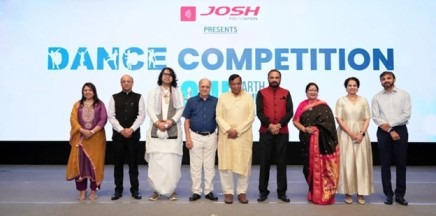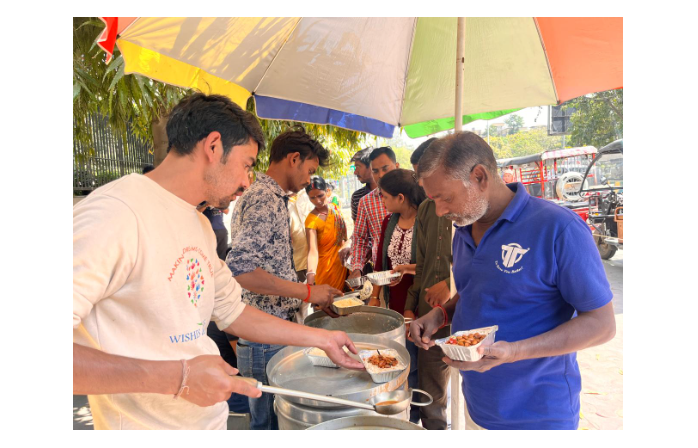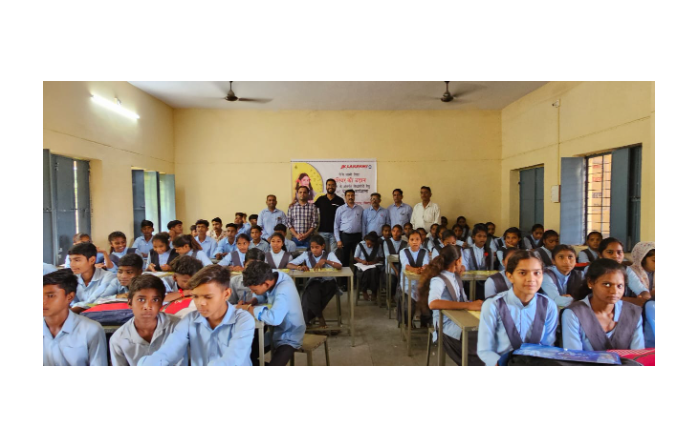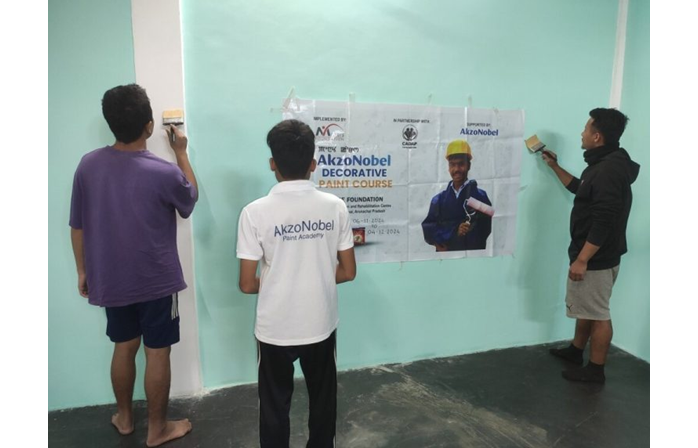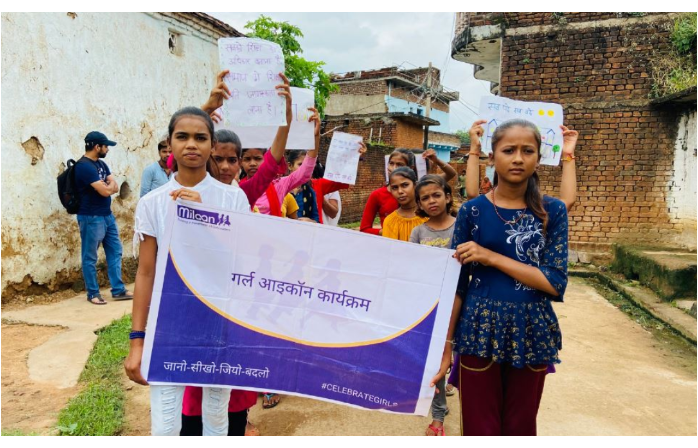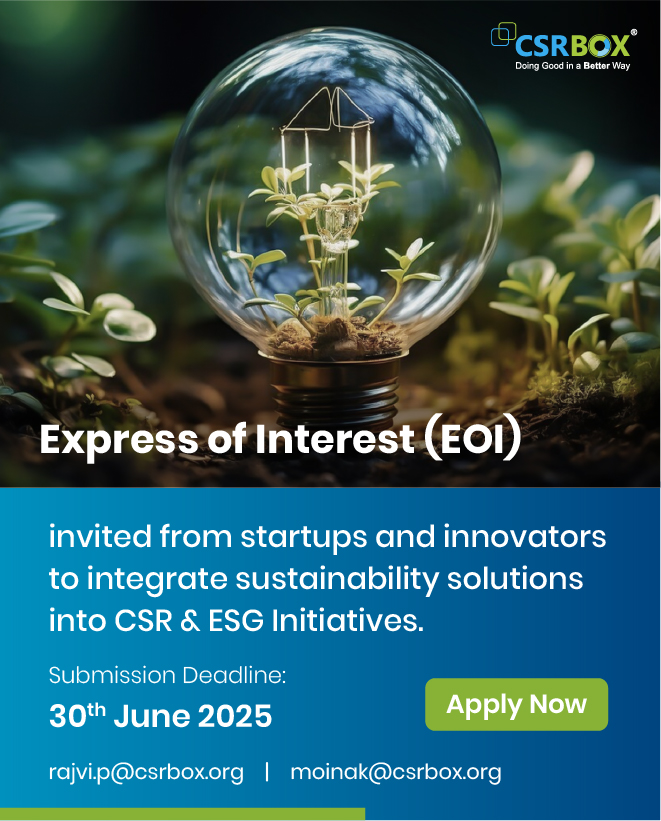Ujjwal Atul - A step towards a circular economy
By- NGOBOX
June 22, 2022
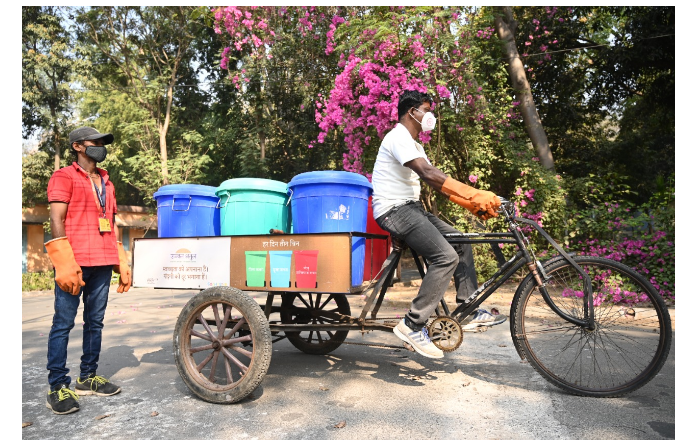
Atul
​​Changes in lifestyles and urbanisation have led to an alarming increase in generation of waste. It is estimated that India produces about 62 million tonnes of waste every year. Only 70 percent of this is collected, and comparatively, a much smaller amount of only 12 million tonnes is treated. A massive quantity of 31 million tonnes of untreated waste ends up in landfill sites raising a dreadful concern for our environment and health.
Atul village in Valsad, Gujarat has successfully altered its waste disposal techniques to address the problem and has set an example of successful waste management at the local level. The primary challenge for any waste management program is waste segregation, which is the first step of the recycling process. 1,500 households of Atul have participated in the program that has inculcated a daily practice of waste segregation at source, using colour-coded bins. "For years, we have been dumping our waste in the common public bin of the society, but not anymore. Now, we diligently use the three bins provided to us for dry, wet and harmful waste", shares Kailashben Patel, a resident of Atul.
Initiating a change
Atul Foundation, in partnership with Saahas, developed Ujjwal Atul – a solid waste management project. The crucial part of this entire process was to raise awareness among the residents to highlight the importance of daily segregation of waste at source. Project representatives visited the houses and met the families multiple times to demonstrate effective waste disposal practices, including managing category-wise segregated trash and handing it over responsibly to the waste collectors every morning.
"If the handed-over waste is in mixed bins, we immediately try to convince the resident to practice segregation. If they continue to hand over mixed waste, we report it to the project representatives who visit their houses to meet them and reiterate the importance of segregation in the entire process of waste management", said Champak Dalpat, a daily waste collector of the village. The biggest challenge was to sensitise the residents regarding the need of waste management and make them aware of the criticality of each step in this program. The public garbage cans of the village have been replaced with colour-coded dustbins, - for dry and wet waste. The efficiency of the decentralised waste management system is positively reflected in the waste collection trends, wherein 80 percent of the residents segregated their waste regularly. This is by far the closest a waste management project in Gujarat has been to a circular economy and this in itself stands as a tremendous feat.
Making a difference
Waste collectors take the waste to the specially-designed Resource Recovery Centre (RRC) that is equipped to treat different types of waste. Wet waste is put in a compost pit to convert it into organic fertiliser. The fertiliser produced is then sold for farming and gardening activities. Dry waste is further segregated into categories such as paper, metal, cardboard, etc to sell them to their respective recyclers. The centre also tries to reuse the waste collected. For example, textile waste is used to make beds for street strays. Every day the centre processes 600 kg waste, reducing about 90% of waste in dumpsites and significantly decreasing greenhouse gas emissions. This entire project is run as per the guidelines in Solid Waste Management Rules, 2016 of the Ministry of Environment, Forest and Climate Change, Government of India. This approach is also in line with the Sustainable Development Goals (SDG) set by the United Nations. This project aims to fulfil SDG 11: Sustainable Cities and Communities, SDG 12: Responsible Consumption, SDG 13: Climate Action and SDG 15: Life on Land.
Scaling up
The project does not end its waste management process at reduce, reuse and recycle. The RRC site is now a learning centre welcoming schools and organisations for awareness and information sessions. 250 students have already visited the site and were introduced to the fourth R of the process - ‘Refuse’ that teaches ways to say ‘No’ to plastic. Schools in the locality have also expressed their interest in the project and wish to replicate the centre in their campus to influence their little change leaders of future. Sarpanch committees of various gram panchayats, government officials of Gujarat and representatives of varied organisations from distant states of India keep visiting the centre as a case study to replicate the same in their respective regions. The work towards setting up a similar waste management program in nearby villages is already in progress.
"I feel proud when I see my little son too feels responsible towards our household waste. It brings a feeling of satisfaction. I am happy to be able to contribute towards a healthier environment for the next generation," added Kailashben.
Source

NGOBOX.org is a leading development sector platform, which has carved a niche in the field of information and partnership services in the social sector. We are a knowledge platform catering the information regarding Jobs/Fellowships/ Grants /Events/RFPs announcements to the development sector, social businesses, CSR foundations, and sustainability sector firms.
© Renalysis Consultants Pvt Ltd



